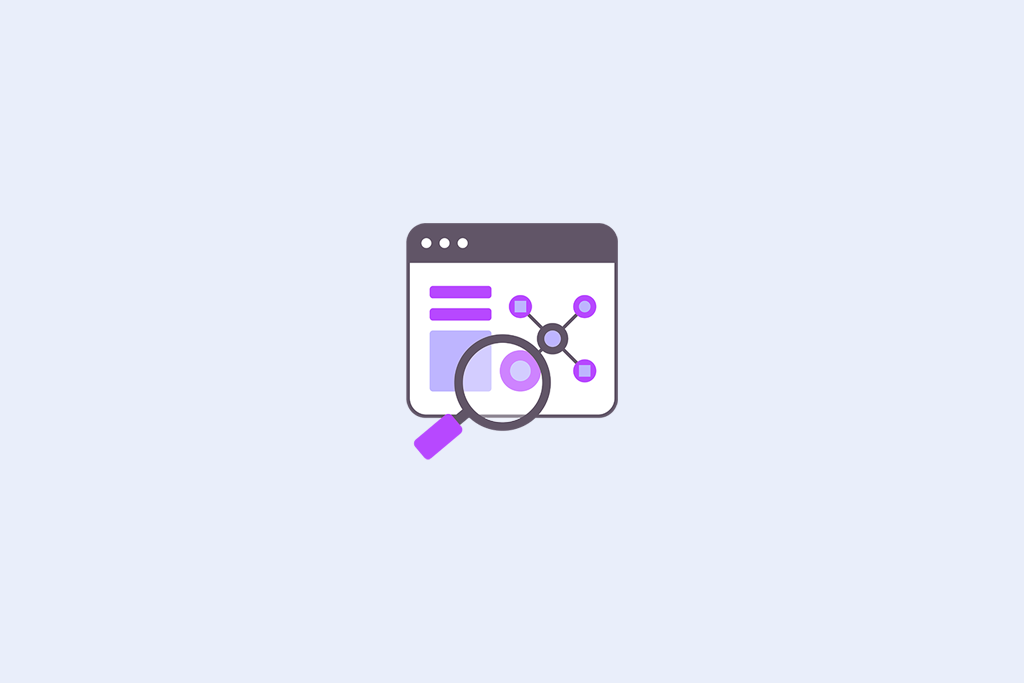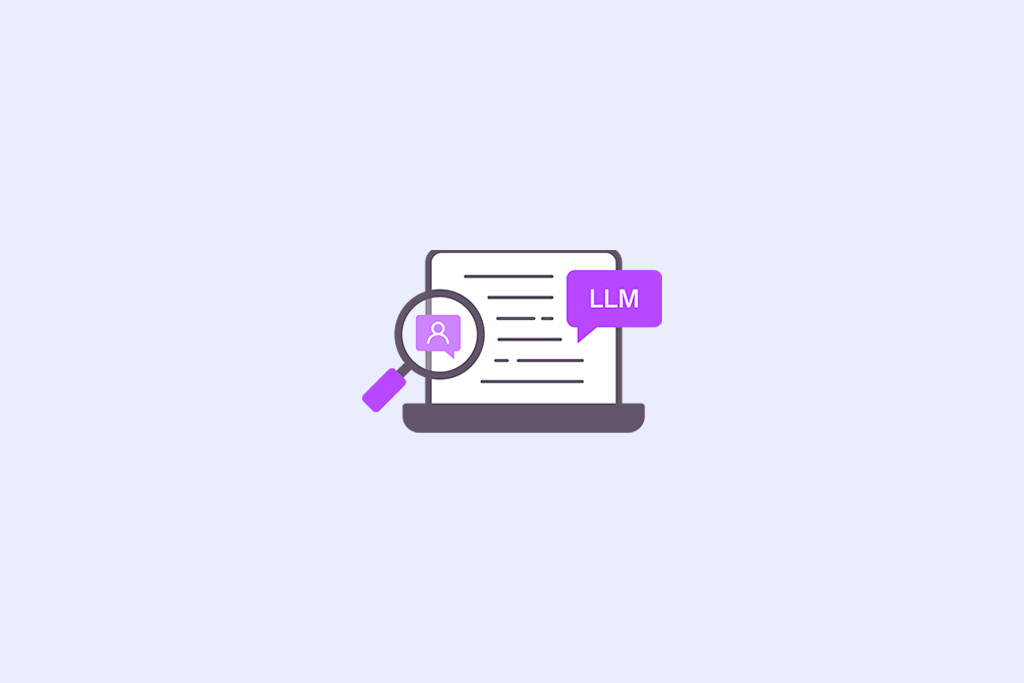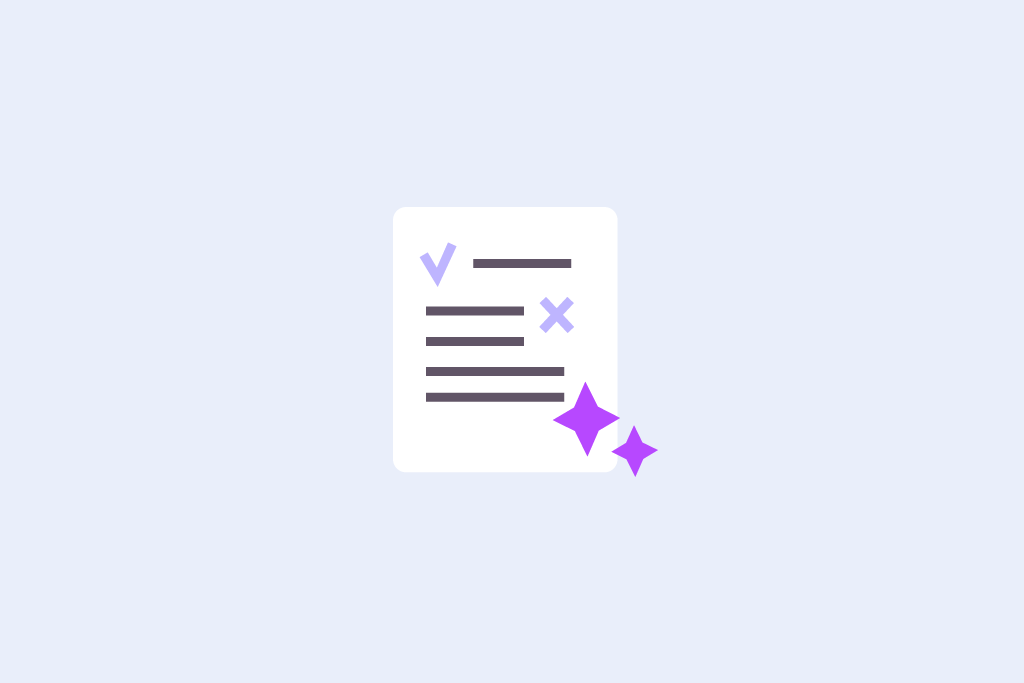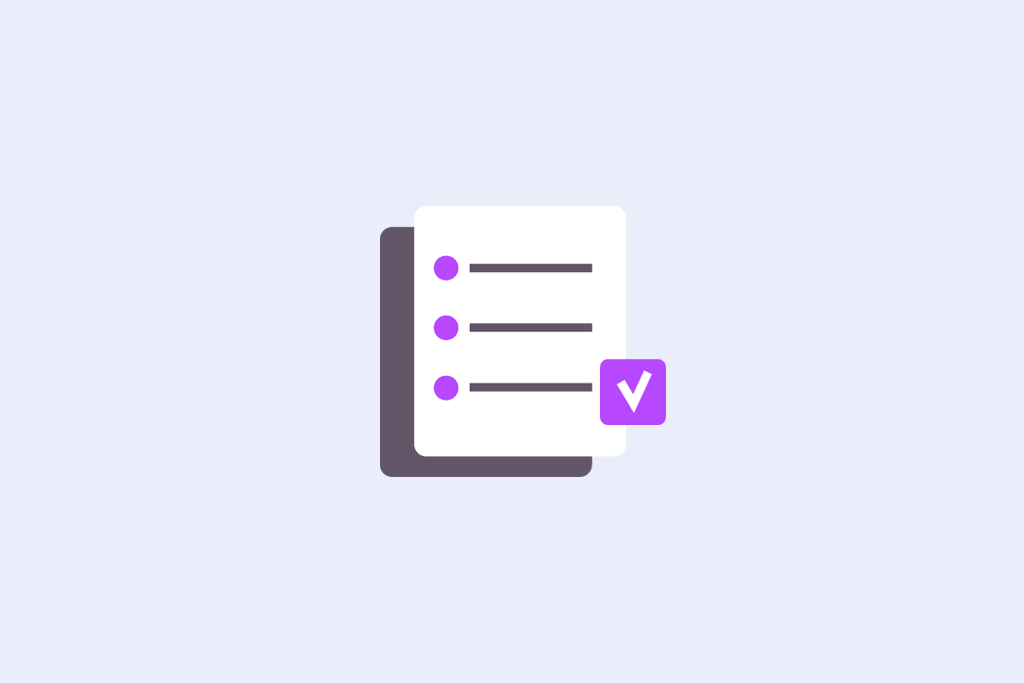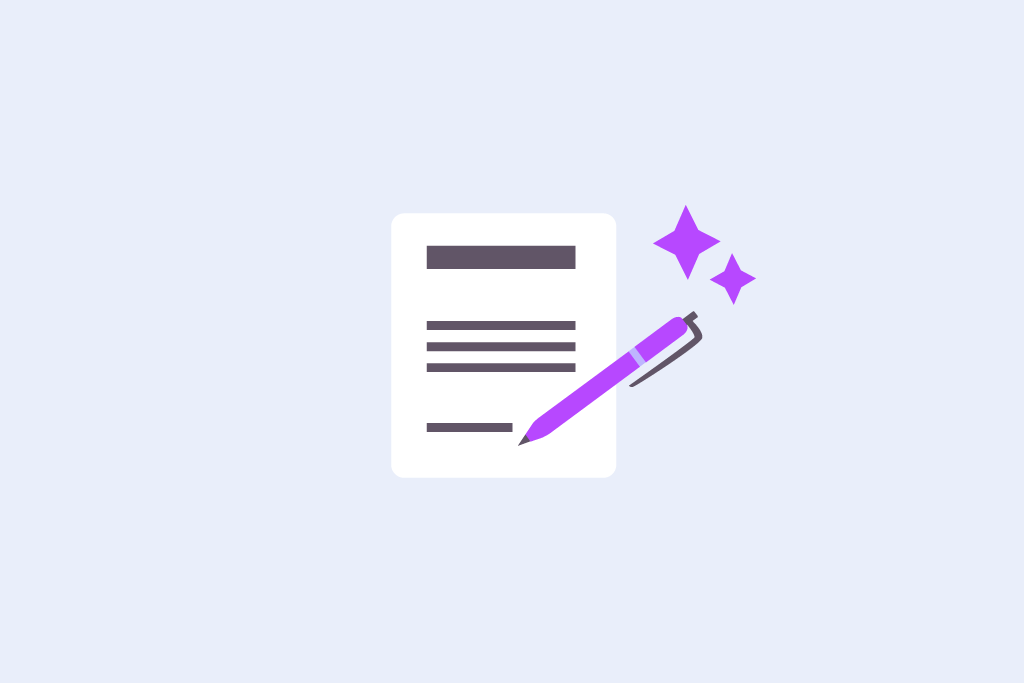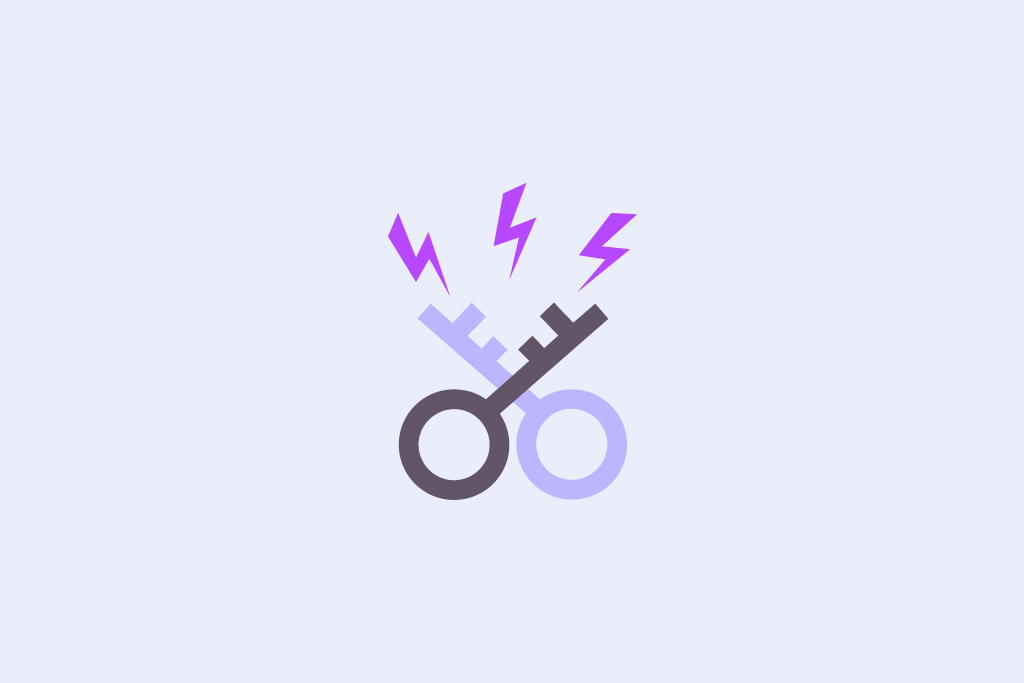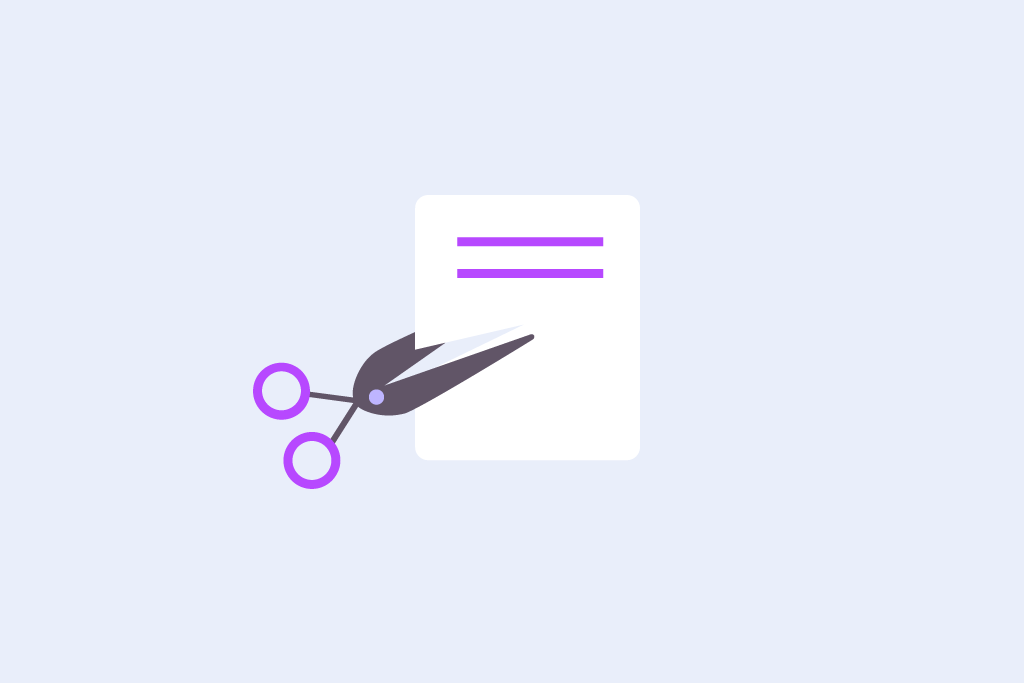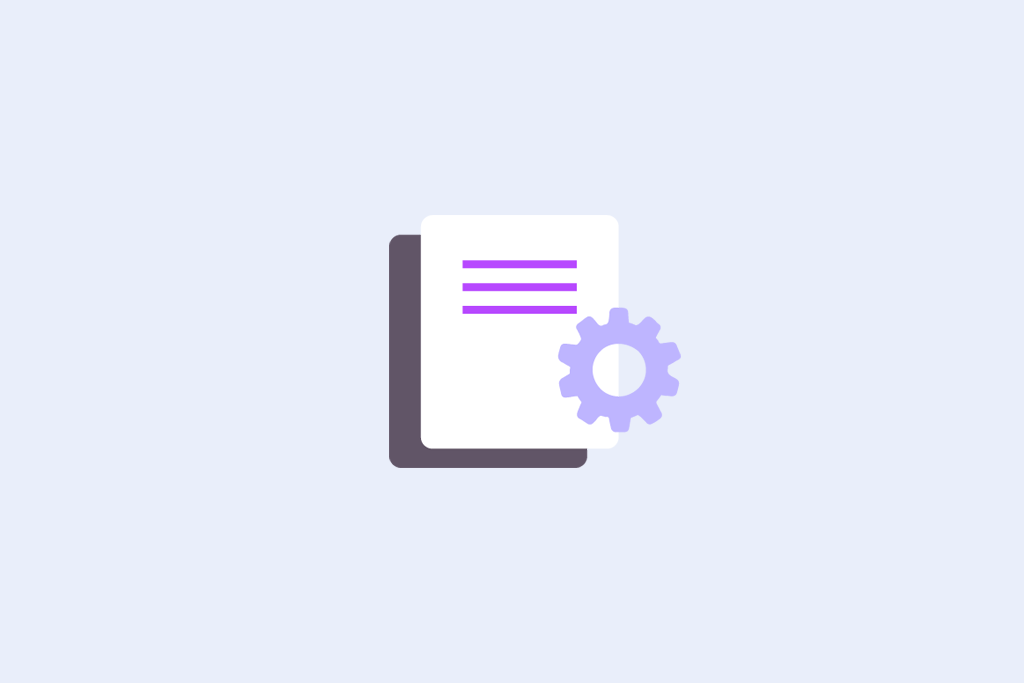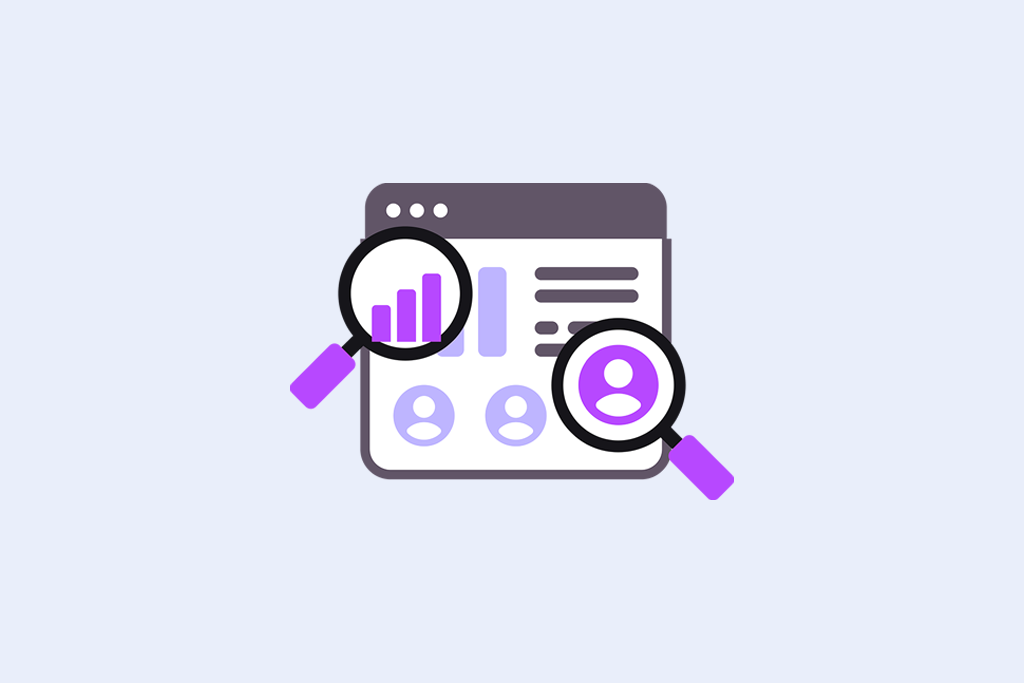With WP SEO AI’s Keyword Research feature, you can:
✅ Add keyword you want to target
✅ Track your keyword rankings
✅ Monitor position changes and see new ranked keywords
✅ Research and find the long-tail
✅ Analyse keyword-based SERPs
✅ Find relevant user questions around your topic
Why we built the Keyword Research feature
Finding the right keywords is the foundation of any successful SEO strategy. But today, it’s not just about volume, it’s about intent, difficulty, competition, and relevance.
Here’s why this feature is so important for your growth:
- Discover new opportunities: Use AI and Keyword Explorer to find terms your competitors may have missed.
- Target content with precision: Group keywords into clusters and align them with user intent.
- Stay ahead of competitors: See who’s ranking and reverse-engineer their strategies.
- Measure and adapt: Track performance and adjust focus areas as rankings shift.
Instead of guessing what to write, you’ll know exactly what your audience is searching for.
How to use the Keyword Research feature in practice
Here’s how to make the most of it:
You are currently viewing a placeholder content from YouTube. To access the actual content, click the button below. Please note that doing so will share data with third-party providers.
More Information1. Start with the Keyword Explorer
Our Keyword Explorer works much like popular tools such as SEMrush, Ahrefs, or SE Ranking, but fully integrated into your content workflow and your WordPress backend. Simply search for a seed keyword and receive:
- Keyword suggestions and related keywords
- Search volume, difficulty score, and CPC
- Country and language data so your targeting stays relevant
- Search intent classification
You can filter results by:
- Volume range
- Difficulty level
- Inclusion/exclusion keywords
- Question-based formats
2. Analyse SERP competitors
For any keyword, click into the SERP Competitors tab to see who ranks at the top, and what kind of content they’ve published. This gives you insights like:
- Which sites dominate this space?
- What page types or formats are being rewarded?
- How does your site compare?
You can even generate a quick competitor analysis directly from the tool to compare their visibility against your own.
3. Explore what users are asking
Use the built-in People Also Ask feature to uncover real user questions tied to your keywords. These insights help you:
- Understand what information your audience actually wants
- Generate blog titles instantly
- Create helpful, intent-driven content from the start
You can copy questions directly or use them to prompt your AI writing process.
4. Build keyword clusters
Group related keywords into clusters to structure your content strategy. Each cluster can serve as a topic hub, guiding pillar content and supporting blog posts. This is essential for:
- Avoiding content overlap
- Building topical authority
- Strengthening internal linking
You can also link each keyword to a specific URL to maintain clean internal link architecture over time.
5. Track performance with Rank Tracker
The built-in Rank Tracker lets you monitor your keyword positions over time, with trend graphs and flexible filters to highlight what matters most:
- Tracked Keywords: Your selected focus terms
- All Ranked Keywords: Full keyword visibility
- Position Changed: See which keywords have moved up or down
- New Ranked Keywords: Track fresh wins as your content gains traction
Use the star feature to flag high-priority keywords for faster access and deeper focus.
6. Add keywords manually or generate with AI
Already have a list? You can import them manually. Want to explore new terms? Use our AI-powered keyword generation to surface fresh ideas based on your business, industry, or content theme.
This flexibility makes it easy to build a robust keyword set, whether you’re refining an existing strategy or starting from scratch.
What is the Keyword Research feature and how does it work?
The Keyword Research feature gives you the ability to discover, analyse, and organise the keywords that matter most to your business, using both AI and real-time SEO data. Whether you’re starting from scratch or refining an existing strategy, this tool helps you find opportunities, assess competition, and group keywords into meaningful clusters for scalable content planning.
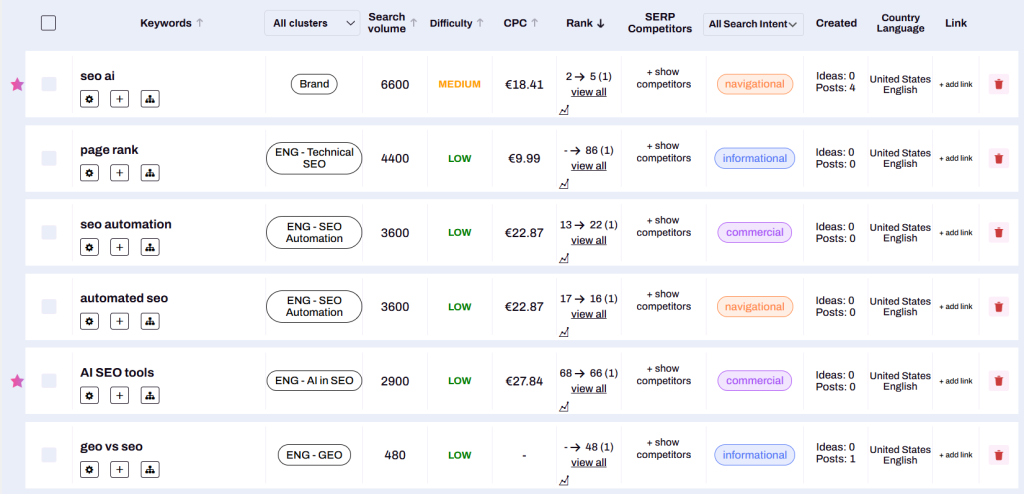
You can explore search volume, keyword difficulty, CPC, and intent, and then track how your rankings evolve over time with built-in rank tracking and SERP competitor insights. Combined with AI-powered keyword generation, clustering tools, and advanced filters, this feature is designed to give you complete control over your SEO roadmap.
Final thoughts
The Keyword Research feature brings together everything you need to find, analyse, and act on the right keywords for your business. With AI assistance, real-time data, competitor tracking, and flexible clustering, you’re not just collecting keywords. You’re building an organised, scalable SEO system.
Use it to shape your content plan, guide your writers, and track your performance, all in one place.
Ready to stop guessing and start ranking? Your next best keyword is already waiting.

